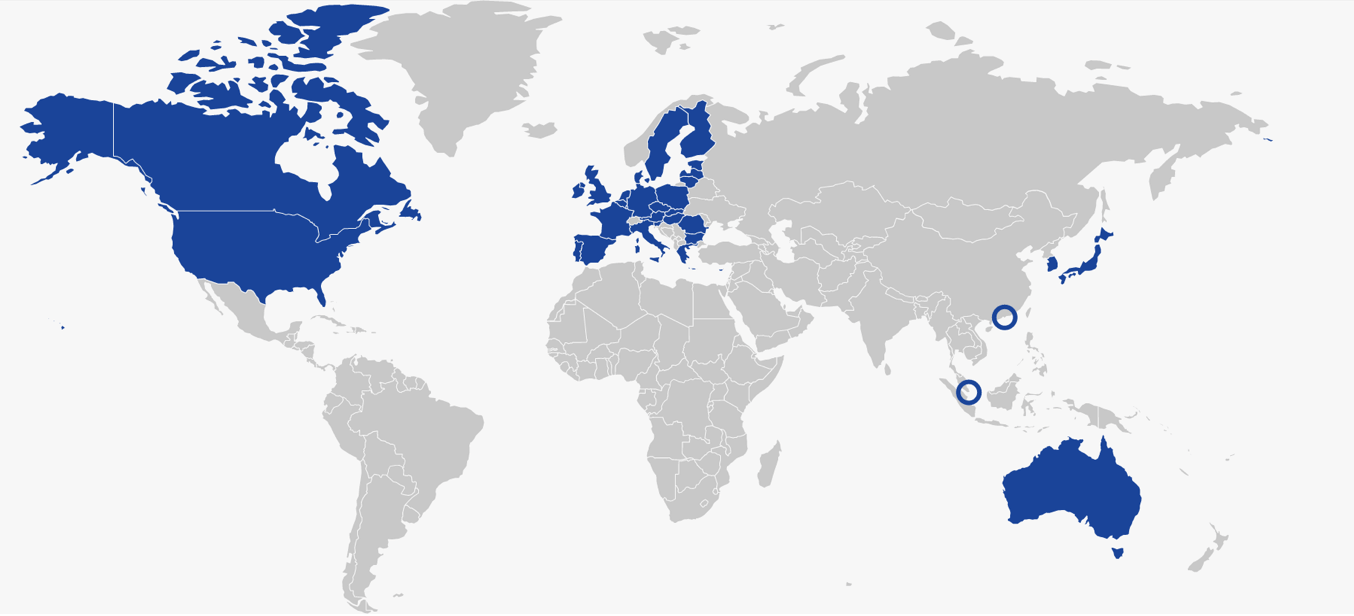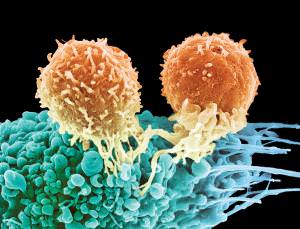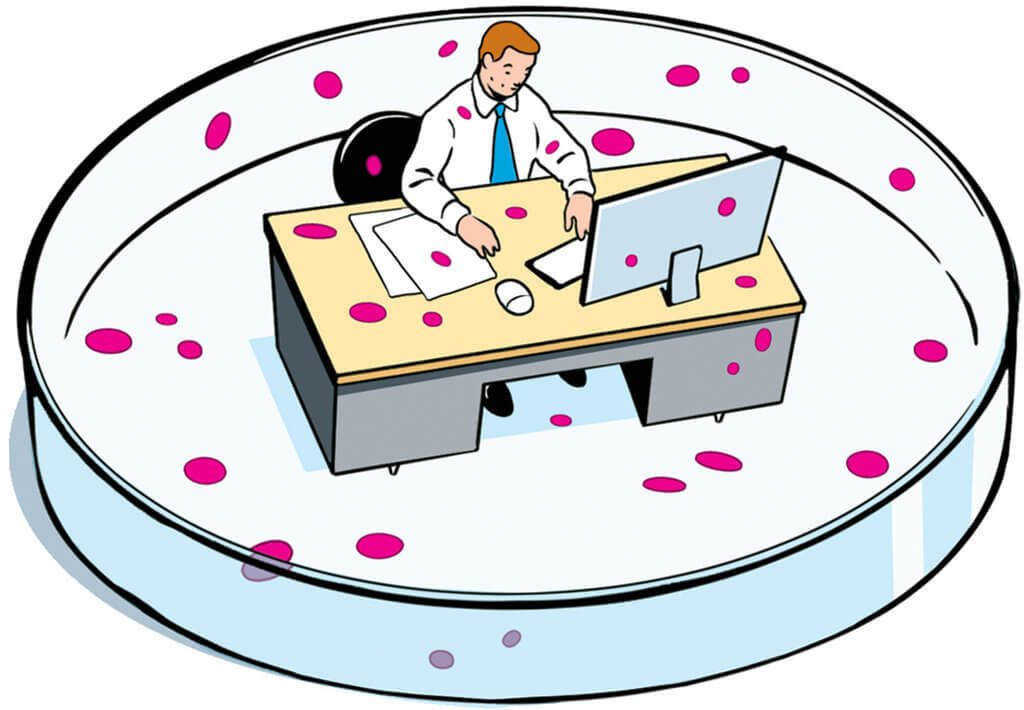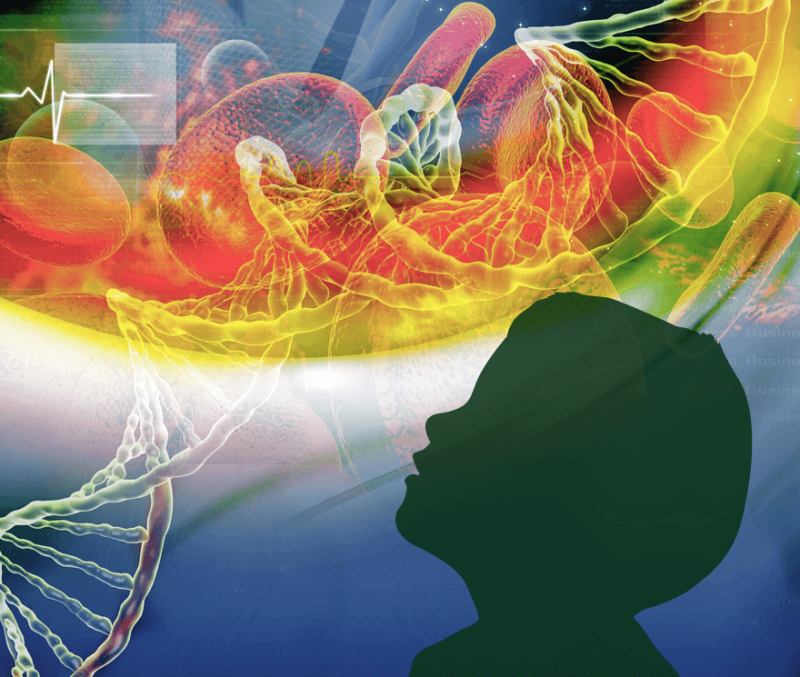“I’m excited about this study because it teaches us something new about the human immune system. But these findings are also something researchers should keep in mind as they are designing new Zika virus vaccines and treatments that target the viral genome—some approaches won’t work unless they take methylation into account.”
Tariq Rana of the University of California, San Diego, School of Medicine on his study about epigenetic changes associated with Zika infection.
Epigenetics around the web is a weekly roundup of the latest studies and news in the field of epigenetics presented by GLP sister site the Epigenetics Literacy Project. This week features insights on the International Human Epigenome Consortium’s coordinated study release and how epigenetic changes in immune cells could help build better vaccines.
International Human Epigenome Consortium coordinated study release
Insights from the International Human Epigenome Consortium
From autism spectrum disorder to various types of cancers to the development of the immune system, since 2010 the International Human Epigenome Consortium (IHEC) has sought to provide insights and data on how the epigenome influences human disease and normal physiology. In the last few years, the group has published several important studies in the field, but November 17 was one of its biggest days, releasing 41 publications across various publications—including 27 in the prestigious journal Cell—covering a broad range of topics.
IHEC’s primary objective is to create an extensive network of epigenetics data that can be shared freely and openly with scientists around the world. The initiative brings together a global network of scientific agencies, including the European Commission, Canadian Institutes of Health Research, National Institutes of Health and the Japan Agency for Medical Research and Development. To stay up to date on epigenetics news, follow them on Twitter @IHEC_Epigenomes.

Insights from the International Human Epigenome Consortium (Cell)
A link to all 41 studies can be found here, all of which are open access. This link includes an excellent interactive representation of the studies published in Cell.
BC scientists play major role in international effort to map the human epigenome (CFAX)
On the Adam Stirling show on CFAX in Victoria, BC, Canada, Dr. Martin Hirst, the chair of the IHEC international scientific steering committee, gave a great interview about the IHEC initiative, the coordinated study release and epigenetics in general. (To you can find it on the site: the initial air date was November 17, 2016, at 4:28 pm.) Also of note, I recently attended a symposium on “Epigenomics in Development and Disease” and Hirst was given celebrity status among the attendees.
Scientists work to map human epigenome (Simon Fraser University)
Steven Jones, a professor at Simon Fraser University in British Columbia, Canada, authored one of the papers on malignant rhabdoid tumors—a rare but aggressive tumor that usually develops in the kidneys and primarily affects children. On the impact of studying epigenetics in cancer cells, Jones said:
We now know that many cancers manipulate the epigenome for their own purposes. Many genes that help establish the epigenome can be seen to be mutated in many different cancer types. So cancer is an obvious disease to benefit from this study. Already, anti-cancer drugs are being tested that specifically modulate the epigenetic processes.
Once inside a tumor, our immune cells become traitors (Cell)
 Many researchers believe immunotherapies, drugs that stimulate immune cells to attack cancer cells, are the future of cancer treatments. While some of these drugs have reported impressive results, there are still a number of issues with them— up to 40% of patients report serious adverse events. There is a growing belief that studying epigenetic changes in immune cells (mainly T-cells) may be the key to helping this therapy achieve its tremendous potential. Two studies from IHEC investigated this theory.
Many researchers believe immunotherapies, drugs that stimulate immune cells to attack cancer cells, are the future of cancer treatments. While some of these drugs have reported impressive results, there are still a number of issues with them— up to 40% of patients report serious adverse events. There is a growing belief that studying epigenetic changes in immune cells (mainly T-cells) may be the key to helping this therapy achieve its tremendous potential. Two studies from IHEC investigated this theory.
Autism Epigenetic Signature Detected Through Histone Acetylation-Wide Association Study (GenomeWeb)
The causes of autism remain largely unknown. As many as 100 genes have been implicated, along with a number of environmental factors, such as maternal and paternal age at conception. Epigenetics appears to also play a role, as described by Kristen Hovet on our site recently. The authors found that despite a wide diversity in genetic factors among autistic patients, there seems to be a great deal of homogeneity in epigenetic markings among those with autism.
GenomeWeb has two great roundups of studies involving the immune system and cancer.
Microbiome
 Your Office Has a Microbiome, and It Might Make You Sick (WIRED)
Your Office Has a Microbiome, and It Might Make You Sick (WIRED)
For the sake of energy efficiency, office buildings are often sealed off from the world. There is little known about how this type of architecture influences the spread of pathogenic diseases. Some studies have found that office buildings have their own microbiome, which surprisingly (according to the piece) is only composed of about 20 percent human gut microbes. It’s a jump, however, to say that just because your building has a microbiome that it can make you sick.
Featured Studies
Discovery of MRSA active antibiotics using primary sequence from the human microbiome (Nature Chemical Biology)
Collaborators from Rockefeller University and Rutgers University–New Jersey Medical School have discovered potential antibiotics that are effective against MRSA that bacteria in our microbiome may produce. I say may because the researchers used computer programs to identify genes in gut microbiome bacteria that should produce antibiotics. The idea is not so far-fetched, many of our antibiotics have been isolated from environmental bacteria (e.g. vancomycin).
 Dynamics of Human and Viral RNA Methylation during Zika Virus Infection (Cell Host and Microbe)
Dynamics of Human and Viral RNA Methylation during Zika Virus Infection (Cell Host and Microbe)
While the WHO says Zika is no longer a Global emergency, the virus is still causing problems in certain areas and the virus is certainly not gone forever. For future outbreaks, a vaccine will be needed to protect us. Researchers at University of California, San Diego, and the University of Chicago have reported extensive RNA methylation associated with Zika infection, a finding they believe will be vital for developing not only a Zika vaccine but immunizations for other viruses and infectious diseases.
For more epigenetics news—as well as news about the microbiome and endocrine disruptors—check out the Epigenetics Literacy Project, a sister-site to the GLP.
Nicholas Staropoli is the director of the Epigenetics Literacy Project. He has an M.A. in biology from DePaul University and a B.S. in biomedical sciences from Marist College. Follow him on Twitter @NickfrmBoston.































